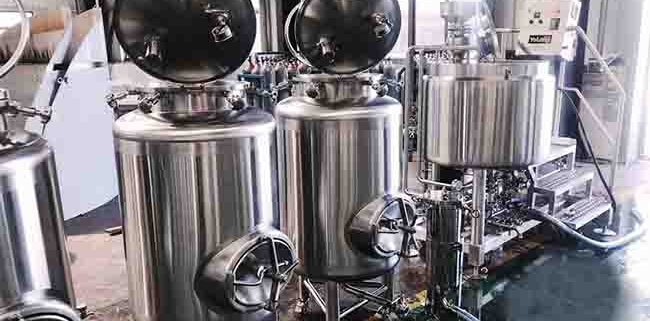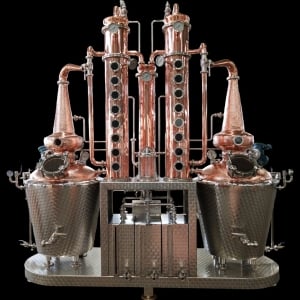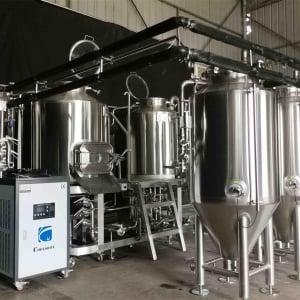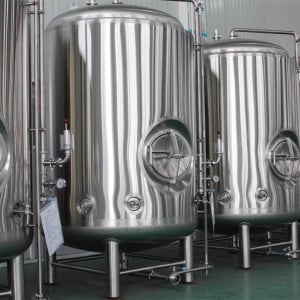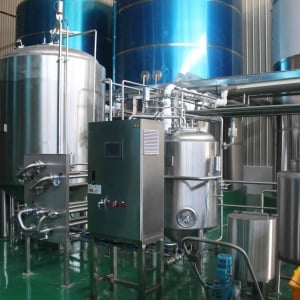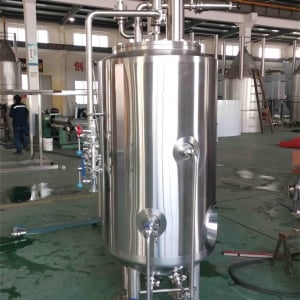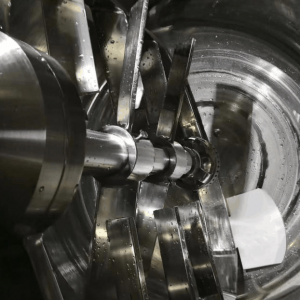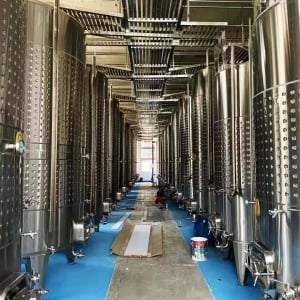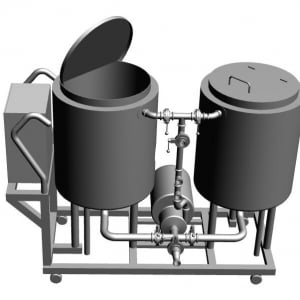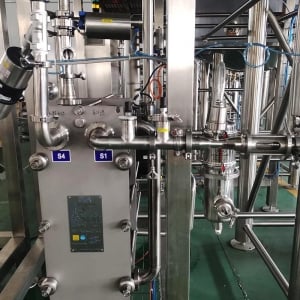Industrial Beer Brewing Equipment
Industrial beer brewing equipment refers to the large-scale systems and machinery used to produce beer in commercial breweries. This equipment allows breweries to increase production volume and automate processes.
Brewing Equipment Guide
The main types of industrial brewing equipment include:
| Equipment Type | Description |
|---|---|
| Mash Filters | Extract sugars from mashed grains |
| Brew Kettles | Boil mash with hops and other ingredients |
| Fermentation Tanks | Allow fermentation of sugary liquid into alcohol |
| Bright Beer Tanks | Filter, carbonate and store finished beer |
| Keg Fillers | Fill kegs with finished beer |
| Control Systems | Automate monitoring and control of process |
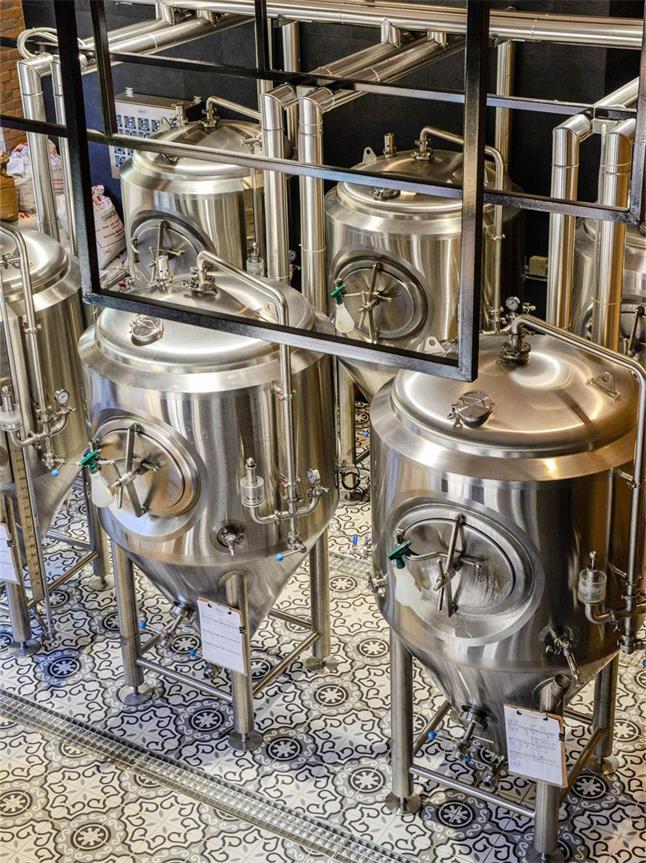
Industrial Beer Brewing Process
The typical industrial beer production process using this equipment is:
- Milling – The malted barley is ground into grist using a mill.
- Mashing – The grist is mixed with hot water in a mash filter to extract fermentable sugars.
- Lautering – The sweet liquid wort is separated from the grains.
- Boiling – The wort is boiled with hops in the brew kettle.
- Cooling – The hopped wort is rapidly cooled.
- Fermenting – Yeast is added to fermentation tanks allow conversion of sugars into alcohol.
- Conditioning – The green beer is carbonated and cleared of particles.
- Packaging – Finished beer is put into kegs, bottles or cans.
Equipment Capacity, Design and Customization
Industrial breweries use customized equipment sized for their desired capacity:
| Parameter | Typical Range |
|---|---|
| Annual beer production capacity | 1,000 – 10+ million barrels |
| Mash filter capacity | 500 – 10,000 kg/batch |
| Brew kettle size | 500 to 5,000 barrel batches |
| Fermentation tank size | 100 to 3,000 barrels each |
| Bright beer tank size | 500 to 5,000 barrels each |
The equipment layout and workflow design is customized for each brewery. Factors like number of beer types, package types, future expansion, production flow and building constraints are considered.
Suppliers and Price Considerations
There are a number of industrial brewing equipment manufacturers worldwide. Pricing varies based on specifications:
| Supplier | Price Range |
|---|---|
| JVNW | $100K – $5 million |
| Premier Stainless Systems | $50K – $1 million |
| Rolec Prozess | $80K – $6 million |
| Pentair | $30K – $2 million |
Installation, Operation and Maintenance
Proper installation, operation and maintenance procedures must be followed:
| Activity | Details |
|---|---|
| Installation | Performed by equipment manufacturer representatives onsite |
| Operation | Follow standard operating procedures for each equipment type |
| Maintenance | Daily/weekly preventative maintenance critical along with periodic servicing |
How to Select an Equipment Supplier
Consider these factors when selecting a supplier:
| Factor | Criteria |
|---|---|
| Reputation and Experience | Proven track record with breweries similar to yours |
| Quality and Compliance | Meets all design, material and safety standards |
| Customization Capabilities | Can customize equipment to your specifications |
| Lead Times | Ability to deliver equipment on schedule |
| Service and Support | Provides installation support, training and maintenance |
| Price and Total Cost | Competitive pricing and lifecycle cost analysis |
Comparison of Benefits and Limitations
Industrial brewing equipment enables large-scale production but has some downsides:
Advantages:
- Higher automation reduces labor
- Increased batch sizes and efficiency
- Continuous operation with less downtime
- Tighter process control and repeatability
Disadvantages:
- Very high capital expenditure
- Complex systems require skilled technicians
- Difficult to quickly tweak recipes or create experimental small batches
- Lower flexibility compared to small breweries
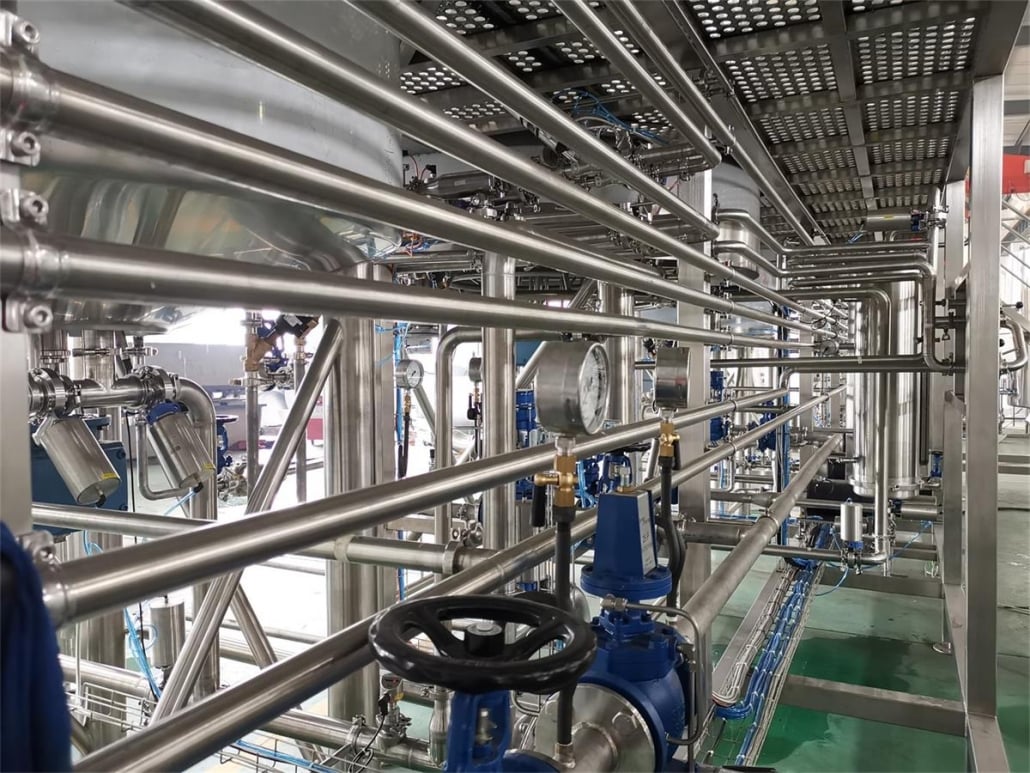
FAQ
Q: What is the payback period for investing in an industrial brewing system?
A: The payback period can vary greatly but is often 3-7 years. Factors like production scale, pricing, efficiency gains, labor savings, and financing terms impact ROI.
Q: Can the equipment handle brewing mainstream lagers as well as more specialized beers?
A: Yes, an advantage of industrial systems is they can brew a wide range of beer recipes and types by adjusting parameters like ingredient amounts and temperatures.
Q: How often is new brewing equipment released?
A: While innovations emerge gradually, full industrial systems have long lifecycles. With proper maintenance, equipment can operate reliably for 15-30+ years before major upgrades are needed.
Q: Should I work directly with a manufacturer or go through an engineering firm?
A: Working with a qualified engineering firm experienced in brewery design can simplify project management. But some brewers prefer having a direct relationship with equipment makers instead.

